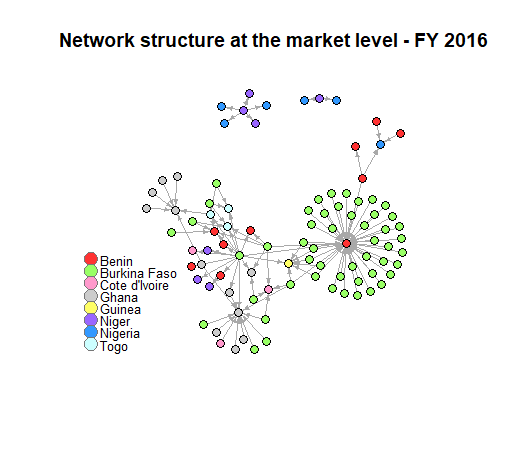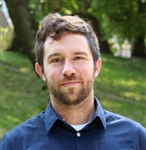Although the future by definition remains unknown, new research techniques are helpful for predicting and understanding potential trends in livestock systems. To this end, a series of workshops are being planned for several countries, following an initial scenario workshop held in Ethiopia in July. These future scenario workshops gather researchers and government officials to use tools for analysis and modeling to discover effective pathways for achieving long-term improvements for the livestock sector.


We know populations are growing and creating demands for more animal-source foods, but how can production grow in fair and sustainable ways? The local context is a central consideration, and each workshop will be tailored to government policies and cultural identities. What technologies are crucial for improvement, and what policies will facilitate their adoption? How do we account for climate change and other uncertainties? Guiding participants through a thicket of questions is Dr. Gregory Kiker, professor of Agricultural and Biological Engineering at the University of Florida, and the Innovation Lab’s co-leader for the “Future Livestock Systems” area of inquiry. The goal of such research is to understand future trends, and this understanding becomes a guide for policy, production, and capacity development efforts to create more equitable wealth, food security and nutrition.


Additional guidance comes from co-leader Dr. Philip Thornton, International Livestock Research Institute, and Mr. Lucas Rutting, a researcher at the University of Utrecht, Netherlands. Dr. Renata Serra, University of Florida, ensures the Future Systems scenario work complements efforts in the “Enabling Policies for Livestock” Area of Inquiry, which she co-leads. The future scenarios effort is being coordinated with the UN FAO Africa Sustainable Livestock 2050 program, which uses scenario analysis to project One Health futures to reduce human and livestock diseases.
Arising to Demand

With population growth, urbanization and rising incomes, livestock demand is expected to rise considerably in sub-Saharan Africa. UF PhD student Valerie Valerio is studying the structure and properties of the livestock trade network in West Africa, with a focus on the properties that confer the market system with resilience and sustainability in the face of social and climatic uncertainties. Trade volumes are concentrated in a few highly dynamic markets (see Figure) that serve as live animal hubs in the region and play a key role in disease surveillance and control. Their analysis has shown a trade system that adapts to high-demand periods during each year (especially in the weeks preceding Islamic holidays), and which has high potential to respond to adverse events such as droughts, currency devaluation and conflicts. Such capacity to adapt, however, depends on information, infrastructure and other networks that have not been widely studied in the region.

In other future systems research, student Jaden Talley from the University of Arkansas used the FARMSIM model to explore potential livestock-based interventions for rural households in Rwanda. Talley used household data derived from the Millennium Villages Project to explore how much increased livestock availability at the household level would increase potential incomes and nutrition levels for family members with special focus on women and children. This study can be used to fine tune policies to benefit the most vulnerable.
The next future scenarios workshops will be held soon in Burkina Faso and Rwanda. For more information about the workshops, contact livestock-lab@ufl.edu.
 0
0
